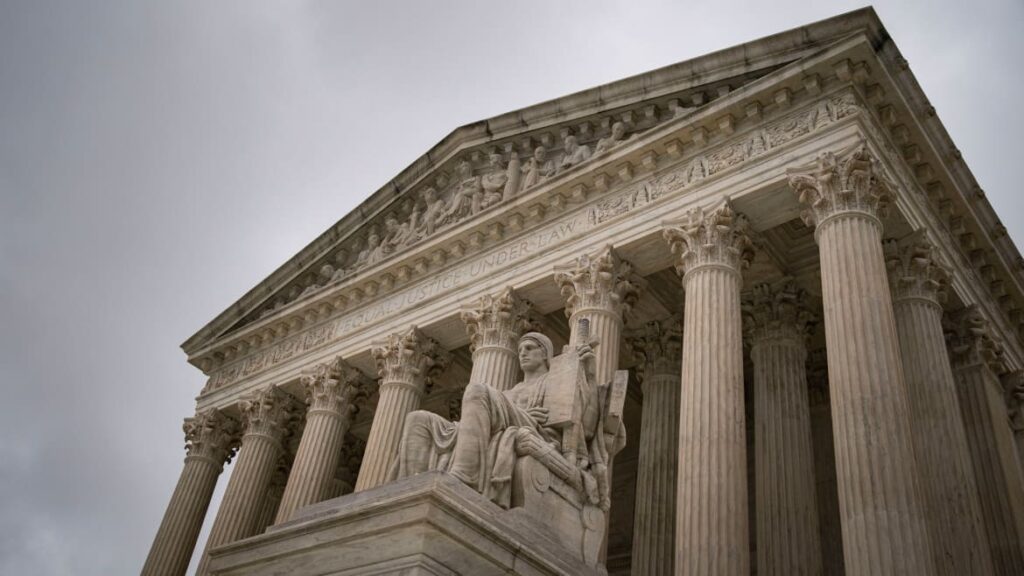The Supreme Court on Monday agreed to consider whether a Tennessee law banning certain gender-affirming treatments for minors is constitutional, marking the first time the justices have considered arguments over medical procedures for transgender children.
The Biden administration is challenging lower court rulings that upheld state bans on providing hormone treatments, surgery and other medical treatments to children with gender dysphoria, and other Republican-led states have similarly taken steps to restrict transgender people's access to health care.
Arguments are expected to be heard at the court's next session, which begins in October.
Supreme Court upholds Idaho ban on gender-affirming care for transgender teens
According to the government's petition to the court, the law blocking medical care for transgender children violates the 14th Amendment to the Constitution, which states that medical treatment should apply equally to everyone, in part because it “writes its prohibition in explicitly sex-based language.”
At the same time, the government argued in its appeal that the law “does not in any way restrict the same treatments” when they are prescribed for purposes other than transgender care. The plaintiffs also argued that the ban violates parents' rights to make medical decisions for their children.
Attorney General Elizabeth Preloger argued that the Supreme Court's intervention was “urgently needed” because Tennessee's law is “part of a wave of similar bans that prevent transgender young people from receiving the medical care that they, their parents and their doctors have all concluded they need.”
At least 20 Republican-led states have enacted restrictions on sex-reassignment treatment for children, an issue that has in recent years become the center of a fierce debate over the rights of transgender Americans and has tangled with other issues, including policies on participation in sports, access to textbooks and bathroom use.
Tennessee law prohibits doctors from administering hormones or puberty blockers to enable a minor to “identify or live with a self-declared identity that is inconsistent with the minor's gender” or to treat “discomfort or distress alleged to result from a mismatch between the minor's gender and self-declared identity.”
Healthcare providers who violate the ban could face lawsuits and fines, and in 2023 a federal judge blocked Tennessee's law on the grounds that it likely violated the 14th Amendment.
Later that year, the Ohio-based U.S. 6th Circuit Court of Appeals ruled 2-1 to overturn the lower court's decision.
The Biden administration asked the Supreme Court to rule on this, arguing that state bans “seriously harm transgender youth and their families by denying affected youth, their parents, and their physicians medical procedures that they have concluded are appropriate and necessary to treat serious medical conditions.”
In April, Supreme Court justices allowed Idaho to largely enforce a similar ban on gender-affirming medical care for minors.
The ruling, issued in response to an emergency request from Idaho state officials and dissenting from the Supreme Court's three liberal justices, allowed the ban to go into effect but granted an exception to two plaintiffs who had sued against it.
Read more at The Daily Beast.
Get The Daily Beast’s biggest scoops and scandals delivered straight to your inbox.Subscribe now.
Stay up to date and get unlimited access to The Daily Beast's unparalleled reporting. Subscribe now.



